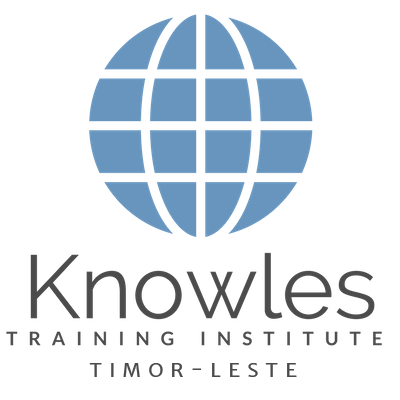Association with Personal Experiences
Association with Personal Experiences: Harnessing the Positive Impact on Memorisation
- Use Sensory Cues: Incorporate sensory cues during personal experiences to enhance memorisation. Engage multiple senses, such as sight, sound, touch, taste, and smell, to create rich and vivid memories.
- Use Visual Imagery: Utilise visual imagery to create mental pictures that aid in memory retention. Visualising concepts or information can make them more memorable and easier to recall.
- Emotional Significance: Personal experiences infused with positive emotions and significance can have a profound impact on memorisation. Emotionally charged memories are often more vivid and enduring.
- Contextual Connections: Connect new information to personal experiences or familiar contexts. Drawing parallels and making associations help facilitate memory encoding and retrieval.
- Personal Relevance: Relate the material to your own life, interests, or goals. Finding personal relevance in the information boosts motivation and enhances memory retention.
- Storytelling: Transform the information into a narrative or story that resonates with your personal experiences. Crafting engaging stories helps create meaningful associations and aids in memory consolidation.
- Multisensory Learning: Engage multiple senses during the learning process. Combine visual, auditory, and kinesthetic elements to reinforce memory formation and retrieval.
- Active Participation: Actively engage with the material during personal experiences. Ask questions, participate in discussions, or apply the information to real-life situations to enhance memory consolidation.
- Reflection and Review: Take time to reflect on personal experiences and review the information. Reflective thinking promotes deeper understanding and long-term memory retention.
- Spaced Repetition: Space out your learning and revision sessions to reinforce memory consolidation. Periodically revisit the information over time to strengthen neural connections.


